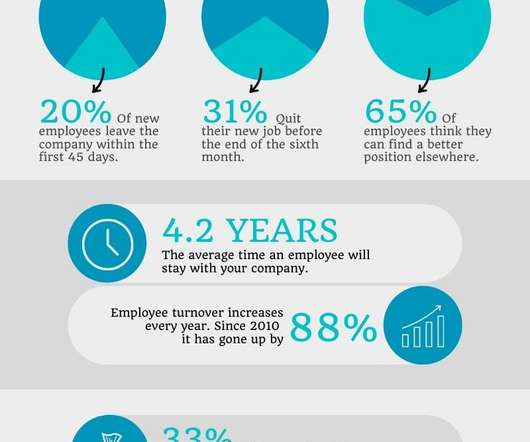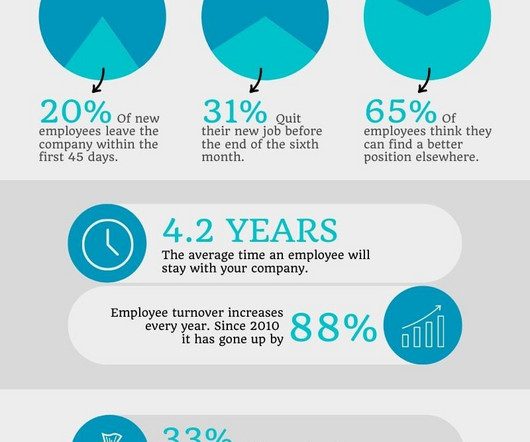5 Tips to Attract and Retain Gen Z Talent
Linkedin Talent Blog
MAY 17, 2022
By the year 2030, the number of Gen Z employees is expected to triple. Those two things mattered more than any signing bonus or compensation package. For example, it’s one thing to say you prioritize employee well-being and it’s another to give examples during the interview of how this manifests within the walls of your company.















Let's personalize your content